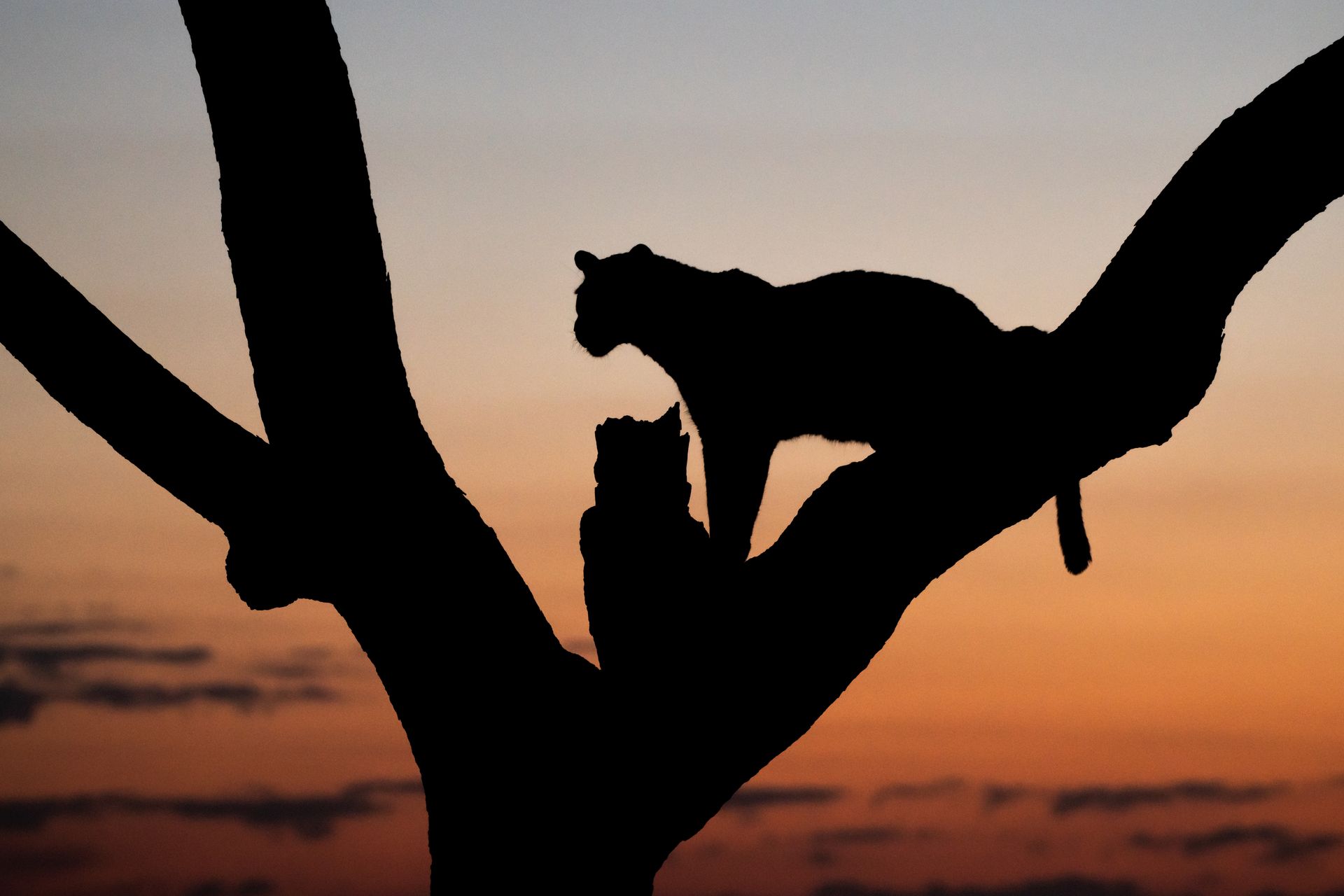Planning Your Safari; Some Key Points

Embarking on the journey of planning a safari requires careful consideration and expert guidance. Here are some important points to keep in mind:
Complexity of African Travel: Navigating Africa can be challenging, especially for first-time travelers. The continent's vastness, diverse landscapes, and varying infrastructures make it essential to seek assistance from a knowledgeable travel expert.
Expertise is Key: For most people, a safari is a once-in-a-lifetime experience, and entrusting the planning process to an expert ensures that every detail is thoughtfully curated to meet your preferences and expectations. Travel advisors who specialize in African safaris have insider knowledge and connections that can better your trip.
Property Booking Challenges: Many safari properties prefer to work with travel agencies rather than individual bookings. This can make it difficult for travelers to secure accommodations on their own. Working with a travel expert grants access to a wider range of properties and ensures smooth booking processes.
Navigating Destination Options: Africa boasts numerous safari destinations, each offering unique wildlife experiences and landscapes. From the Serengeti to the Okavango Delta, the options can be overwhelming. A knowledgeable travel advisor can help narrow down the choices based on your interests and preferences.
Customized Experiences: Crafting a safari program requires careful orchestration. Each destination and property should complement one another and provide a seamless and enriching experience. A travel expert can tailor your itinerary to include a variety of activities and accommodations that suit your interests.
Insider Insights: Travel advisors who have firsthand experience visiting safari destinations can offer invaluable insights beyond glossy pictures. Their personal observations and recommendations can help you make informed decisions and create a truly memorable safari experience.
By working with a seasoned travel expert, you can navigate the complexities of planning a safari with confidence, ensuring that every aspect of your journey is meticulously planned and tailored to create unforgettable memories.

Adding a conservation experience to your safari can be a meaningful way to contribute to wildlife conservation efforts while gaining a deeper understanding of the environment. Here's how you can incorporate conservation activities into your safari:
Choose Conservation-Focused Lodges: opt for accommodations that prioritize sustainability and conservation. Many lodges and camps in Africa actively support wildlife conservation initiatives through community involvement, habitat restoration, and anti-poaching efforts. By staying at these properties, you'll be supporting their conservation efforts directly.
Guided Conservation Tours: Some safari operators/WE offer guided tours focused specifically on wildlife conservation. These tours may include visits to conservation projects, research centers, and rehabilitation facilities where you can learn about ongoing conservation efforts and interact with conservation professionals. It
Support Conservation Projects: Allocate part of your travel budget to support conservation projects and initiatives in the areas you visit. This could involve donating to conservation organizations, purchasing wildlife-themed merchandise from local artisans, or participating in fundraising events organized by lodges or tour operators.
Responsible Wildlife Viewing: Practice responsible wildlife viewing etiquette during your safari to minimize disturbance to animals and their habitats. Follow guidelines provided by your guides and avoid behaviors that could stress or endanger wildlife, such as getting too close or making loud noises.
By incorporating conservation experiences into your safari, you not only contribute to wildlife conservation efforts but also gain a deeper appreciation for the natural world and the importance of protecting it for future generations to enjoy.
Research Destinations: Determine which country or countries you want to visit for your safari. Popular destinations include Tanzania, Kenya, South Africa, Botswana, Zambia, and Namibia, among others. Each destination offers unique wildlife experiences and landscapes.
Choose the Best Time to Go: Research the best time of year to visit your chosen destination for optimal wildlife viewing. This can vary depending on factors such as migration patterns, weather, and animal behavior.
Set a Budget: Determine your budget for the safari, including costs for accommodations, transportation, park fees, tours, meals, and any additional activities. Safari costs can vary widely depending on location, accommodation type, and duration.
Select Accommodations: Choose the type of accommodation that suits your preferences and budget. Options range from luxury lodges and tented camps to budget-friendly campsites. Consider factors such as location, amenities, and proximity to wildlife reserves.
Plan Your Itinerary: Decide how many days you want to spend on safari and plan your itinerary accordingly. Research the wildlife reserves and national parks you want to visit, and allocate time for game drives, guided walks, and other activities.
Book Flights and Transportation: Once you have your itinerary finalized, book your flights to the nearest airport, and arrange transportation to your accommodations. Many safari operators offer airport transfers and transportation between lodges.
Pack Appropriately: Pack lightweight, neutral-colored clothing suitable for the climate and activities. Essentials may include sunscreen, insect repellent, a hat, binoculars, a camera with extra batteries, and any necessary medications.
Prepare for Health and Safety: Check if any vaccinations or medications are required for your destination and consult your healthcare provider well in advance. Take precautions against malaria and other mosquito-borne diseases. Ensure you have travel insurance that covers medical emergencies and evacuation if needed.
Flexible: While it's good to have a plan, remember that wildlife sightings can be unpredictable. Stay flexible and be prepared to adapt your itinerary based on weather conditions and wildlife movements.
Enjoy the Experience: Once you're on safari, immerse yourself in the incredible sights and sounds of the natural world. Listen to your guides, ask questions, and savor every moment of your safari adventure.
